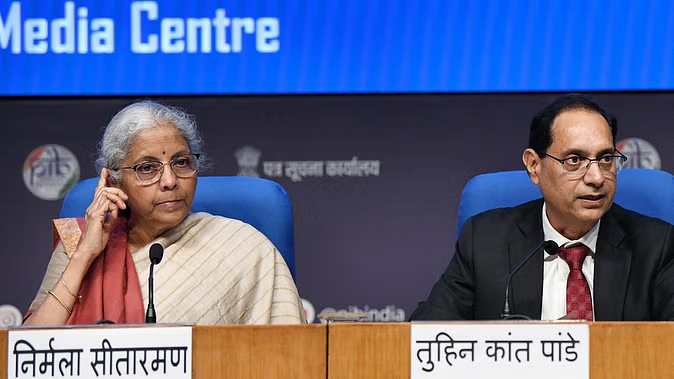New Income Tax Bill: Why is there a need for a new Income Tax Bill; When can it be introduced, know how it will help taxpayers?

New Delhi| Finance Minister Nirmala Sitharaman revealed the new Income Tax Bill in her budget speech. It can be introduced in Parliament on February 7, 2025. According to sources, the Union Cabinet may approve the new Income Tax Bill.
“Over the last 10 years, our government has implemented several reforms for the convenience of taxpayers, such as Faceless Assessment, Taxpayers Charter, Fast Returns, Self-Assessment of about 99 per cent of returns and Vivad Se Vishwas Scheme”, the Finance Minister said in his budget speech Continuing these efforts, I reaffirm the tax department’s commitment to “believe first, investigate later”. I also propose to introduce a new Income Tax Bill next week.”
Let us know why there is a need for a new Income Tax Bill, what impact it will have on taxpayers, what people should expect from this bill.

Why is there a need for a new Income Tax Bill?
The Income Tax Act 1961 has been in existence for the last six decades and has 298 sections and 23 chapters. Over the past few years, the current Income Tax Bill has become very complex with the announcement of new amendments in almost every Union Budget. Therefore, to make the Income Tax Bill more concise and simple, the government is introducing a new Income Tax Bill. The new bill is said to ease tax compliance, reduce disputes and provide more clarity about taxes.
What should taxpayers expect from the new bill?
Sitharaman said in her budget speech, “I am happy to tell the country that the new Income Tax Bill will advance the spirit of “justice”. The new bill would be easy to read and straightforward, with about half of the current legislation in the form of both chapters and words. It will be easy for taxpayers and tax administration to understand, its implementation will reduce tax certainty and litigation According to the Finance Minister, the new bill will be in short and simple language, which will make it easier for taxpayers to understand and comply with it. In addition, it aims to reduce legal ambiguities through streamlined tax laws. Also, it has been designed in such a way that it remains in accordance with international standards.








